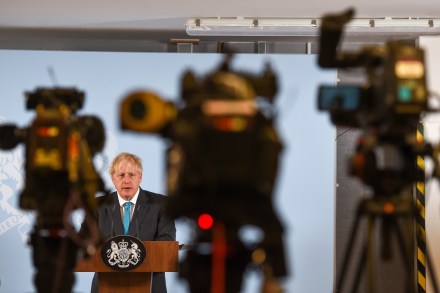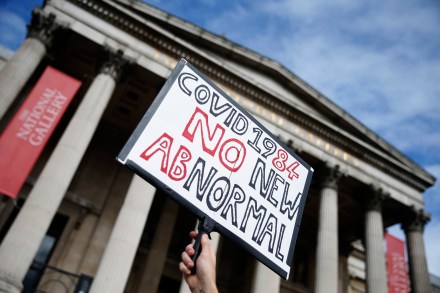Watch: Boris confused over new lockdown rules
The Prime Minister has never been known as a details man — and he shows no sign of changing his style anytime soon. Boris Johnson was unable to explain the details of his newly announced lockdown rules in North East England. During a Q&A after a speech in Exeter this morning, the PM was asked about the new restrictions but ended up getting himself into a bit of a muddle, telling BBC News that in the North East: ‘six people can meet at home, six in hospitality, but not six outside’. For clarity, Mr S would like to point out that, from today, the new rules in the North East prevents households mixing in any indoor




















